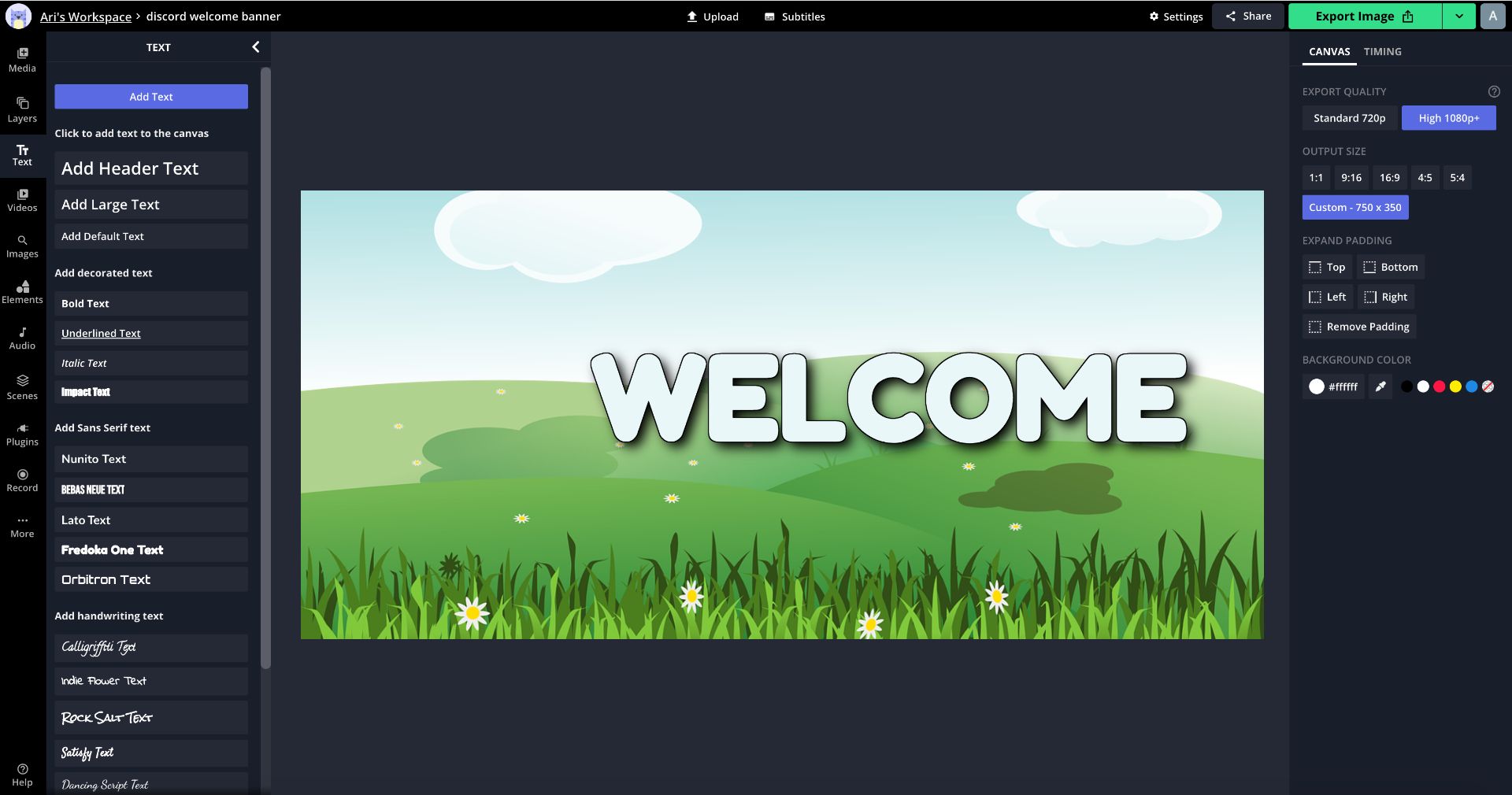

AI agents and chatbots are two powerful tools transforming how businesses communicate and operate. Both rely on natural language processing and automation, but they serve distinct purposes.
AI Agents: These are sophisticated assistants capable of understanding and generating natural language. They perform complex tasks, learn from interactions, and operate autonomously. AI agents can make decisions and execute tasks without constant supervision.
Chatbots: These are designed to follow predefined scripts and decision trees. They're great for handling simple tasks and retrieving information. Chatbots respond to user inputs and are typically focused on specific tasks or datasets.
Both technologies share common ground in that they use natural language processing to interact with users. They automate processes, making business operations more efficient and responsive.
Chatbots are digital conversational tools designed for handling specific tasks. They rely heavily on predefined scripts and decision trees to guide their interactions. These scripts allow chatbots to efficiently manage repetitive tasks, such as answering common questions or providing basic information. They act as virtual assistants, responding to user inputs with pre-programmed answers.
Chatbots are commonly used in scenarios where quick and consistent responses are needed. They're perfect for:
Customer Support: Providing immediate answers to frequently asked questions.
E-commerce: Assisting with product inquiries and order tracking.
Booking Systems: Facilitating reservations for services like hotels or restaurants.
Information Retrieval: Delivering specific information based on user requests.
Chatbots need extensive training on various utterances to function effectively. They also lack autonomy, as they can't perform tasks without user input. Their memory is limited to the current session, so they can't recall past interactions once a conversation ends.
AI agents and chatbots serve different purposes. AI agents are autonomous tools. They understand and generate natural language. They learn and adapt over time. They handle complex tasks without needing constant input.
Chatbots follow predefined scripts. They handle simple tasks. They respond to user inputs based on rules. They are more limited in scope compared to AI agents.
Here's a quick comparison:
| Feature | AI Agents | Chatbots | |---------|-----------|----------| | Autonomy: | Operate independently | Rely on user inputs | | Learning: | Continuously learn and adapt | No learning capability | | Task Complexity: | Handle complex tasks | Perform simple, repetitive tasks | | Context Awareness: | Maintain context across interactions | Limited to current session | | Decision Making: | Make decisions independently | Follow predefined paths |
AI agents excel in complex environments. They manage emails, schedule meetings, and even automate trading. They're proactive, adapting strategies based on data and experience.
Examples of AI agent tasks:
Workflow Management: Integrate with calendars and emails to manage tasks.
Sales Optimization: Prioritize leads and track interactions.
Content Creation: Generate marketing copy based on business data.
Logistics Coordination: Automate scheduling and supply chain tasks.
Simulation Operations: Engage in autonomous trading or reinforcement learning.

AI agents and chatbots each bring unique capabilities to the table. While both utilize natural language processing, they serve different purposes in business operations. AI agents are autonomous, learning, and evolving from their interactions, capable of handling complex tasks with minimal supervision. Chatbots stick to predefined scripts, making them perfect for repetitive and straightforward tasks.
Understanding these differences is crucial for businesses when choosing the right tools. Here are some key takeaways:
Autonomy: AI agents work independently, making decisions and executing tasks without constant user input. Chatbots rely on user inputs to function.
Learning: AI agents adapt and learn over time, improving their performance with each interaction. Chatbots do not learn or adapt, as they follow set pathways.
Complexity: AI agents tackle complex, multi-step tasks across various contexts. Chatbots are best suited for simple, repetitive interactions focused on specific tasks.
Context: AI agents maintain context over multiple interactions, while chatbots operate within the current session and lack memory of past engagements.
Decision-Making: AI agents make decisions based on data and patterns. Chatbots follow pre-established decision paths.
Choosing the right AI tool depends on your business context. Consider the complexity of tasks, the need for adaptability, and the level of autonomy required.





